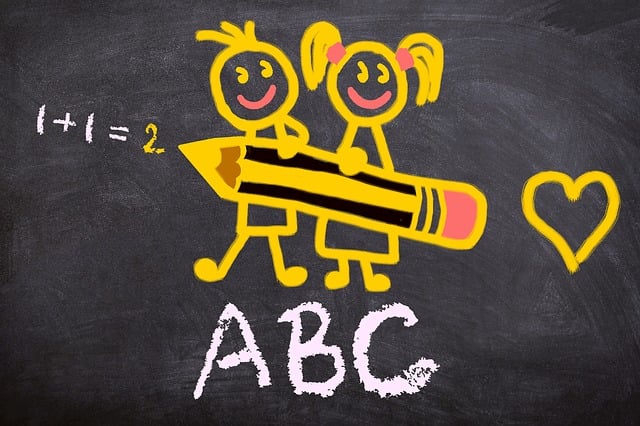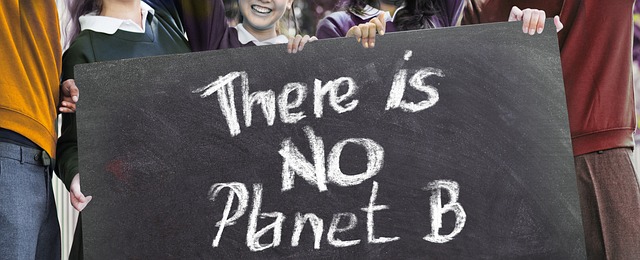The Agape Boarding School lawsuits highlight serious abuse and neglect within educational institutions, aiming for justice, accountability, and ethical standards. Survivors gain access to legal protections, compensation, support groups, and counseling, with legal aid organizations offering pro bono services. Through these lawsuits, victims seek healing, reclaim their narratives, and prevent future abuse, fostering personal growth and community healing.
Many survivors of Agape boarding school lawsuits are seeking justice and healing after experiencing trauma during their time at these institutions. This article explores the complex issue of accountability in the wake of numerous lawsuits against Agape, a controversial Christian organization known for its strict and often abusive practices. We’ll delve into the legal landscape, the rights available to victims, and provide a roadmap toward justice and recovery.
- Understanding Agape Boarding School Lawsuits
- Rights and Resources for Victims
- The Road to Justice and Healing
Understanding Agape Boarding School Lawsuits

The Agape Boarding School lawsuits have brought significant attention to the complex issues surrounding abusive educational institutions. These legal battles are a result of allegations of physical, emotional, and sexual abuse that occurred within the walls of Agape Boarding School, a controversial facility that operated for several years in various locations across the country. The lawsuits highlight the struggle for justice and accountability for victims who endured trauma while under the care of the school.
Understanding the nature of these suits is crucial. Plaintiffs, often former students, have come forward to share their stories of exploitation, neglect, and harm. They seek compensation for their suffering and a platform to hold the responsible parties accountable. The Agape Boarding School lawsuit cases are not merely legal proceedings but a significant step towards healing and ensuring that similar institutions adhere to ethical standards in the future.
Rights and Resources for Victims

Victims of the Agape Boarding School lawsuits have access to a range of rights and resources designed to support their healing journey. These include legal protections that prevent further abuse, such as restraining orders against the perpetrators. They are also entitled to compensation for physical, emotional, and psychological damages suffered during their time at the school. This compensation can help with medical bills, therapy costs, and other expenses related to their well-being.
Support groups and counseling services tailored for victims of Agape Boarding School lawsuits are readily available. These platforms provide a safe space for individuals to share their experiences, connect with others who have faced similar trauma, and begin the process of healing. Legal aid organizations often offer pro bono services or sliding scale fees to ensure that financial constraints do not prevent victims from accessing the justice they deserve in an Agape Boarding School lawsuit.
The Road to Justice and Healing

Many victims of the Agape Boarding School lawsuits are finally on a path to justice and healing after years of trauma and silence. The road to recovery begins with legal action, where individuals can seek compensation for their suffering at the hands of the school’s abusive practices. This process allows survivors to take control of their narratives, ensuring their voices are heard and their experiences acknowledged.
Through these lawsuits, victims can access resources for therapy and support services, which are essential in processing the emotional scars left by their time at Agape. It is a crucial step towards personal growth and community healing, as it not only offers closure but also serves as a warning to prevent similar instances of abuse from occurring again.
After navigating the complexities of the Agape Boarding School Lawsuit, victims must remember that they are not alone in their pursuit of justice and healing. By understanding their rights and exploring available resources, individuals can take meaningful steps towards closure and accountability. The road to justice is a personal journey, but by joining forces and sharing experiences, survivors can create a powerful movement for change, ensuring no one suffers silently under similar circumstances.
